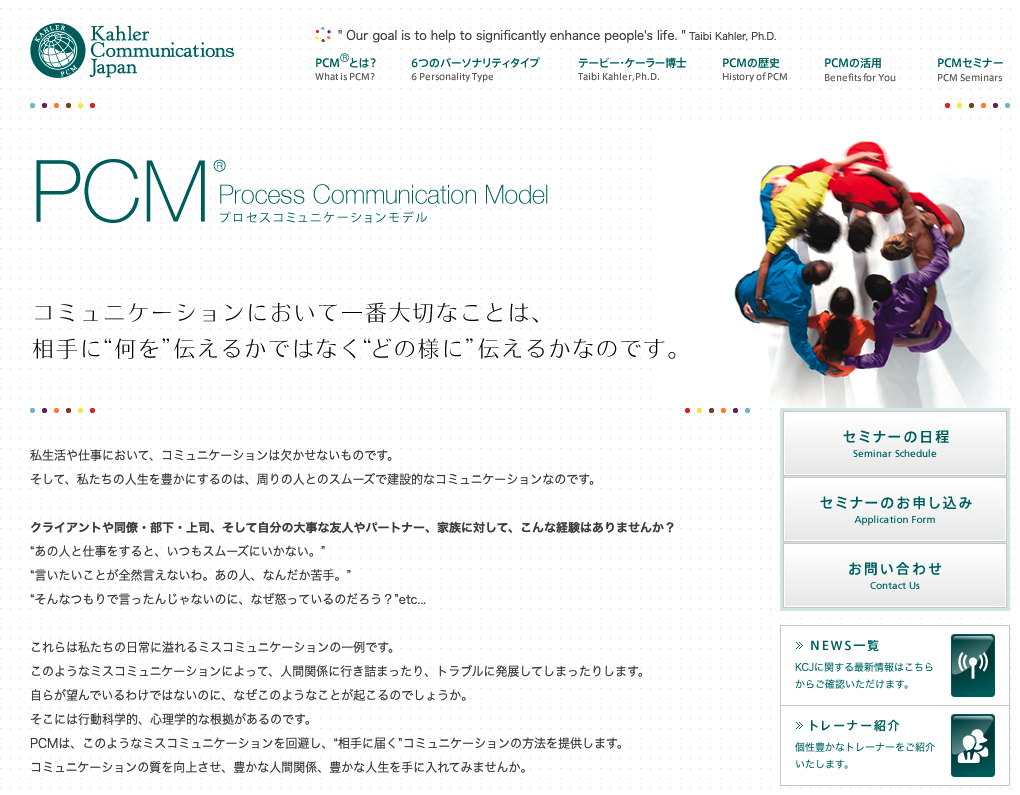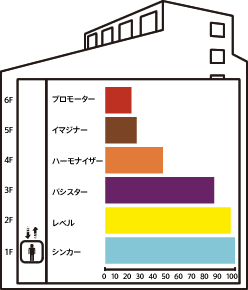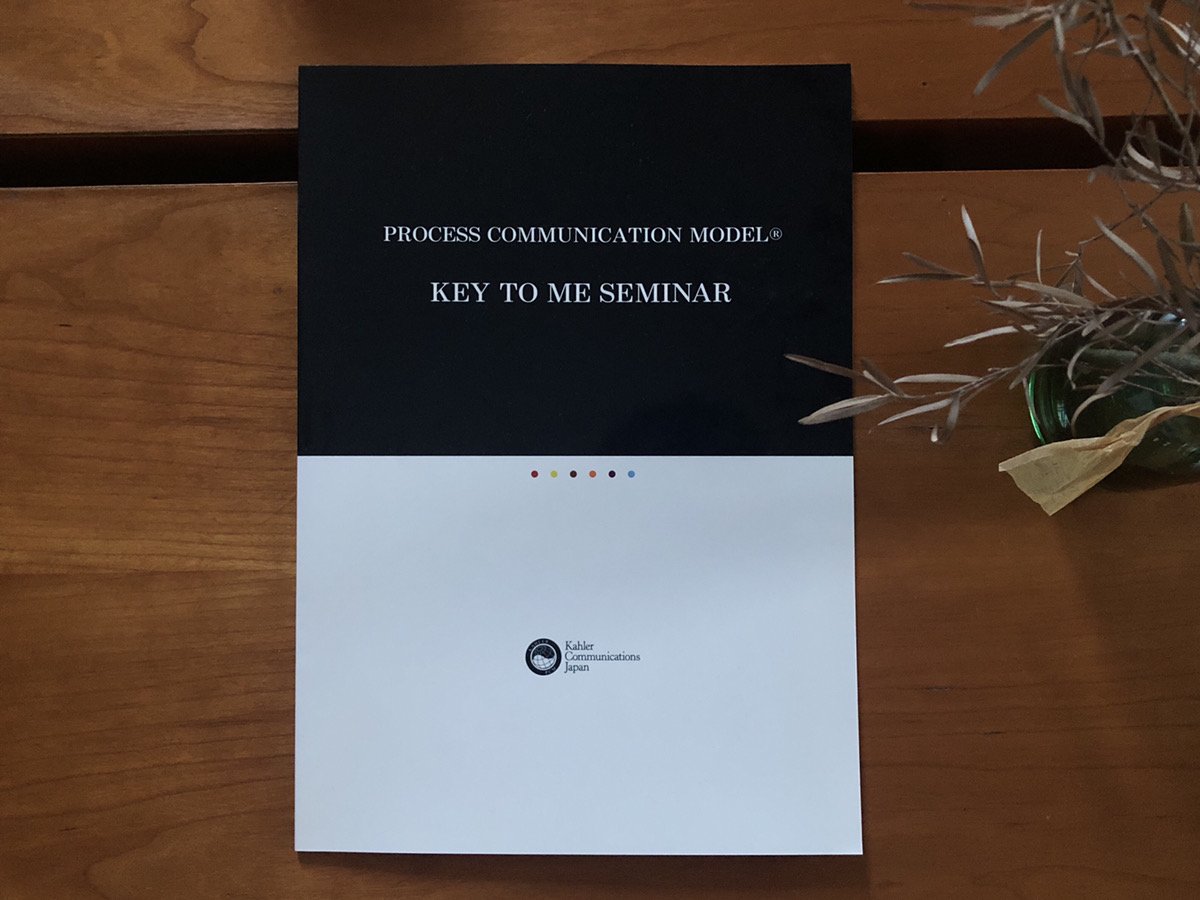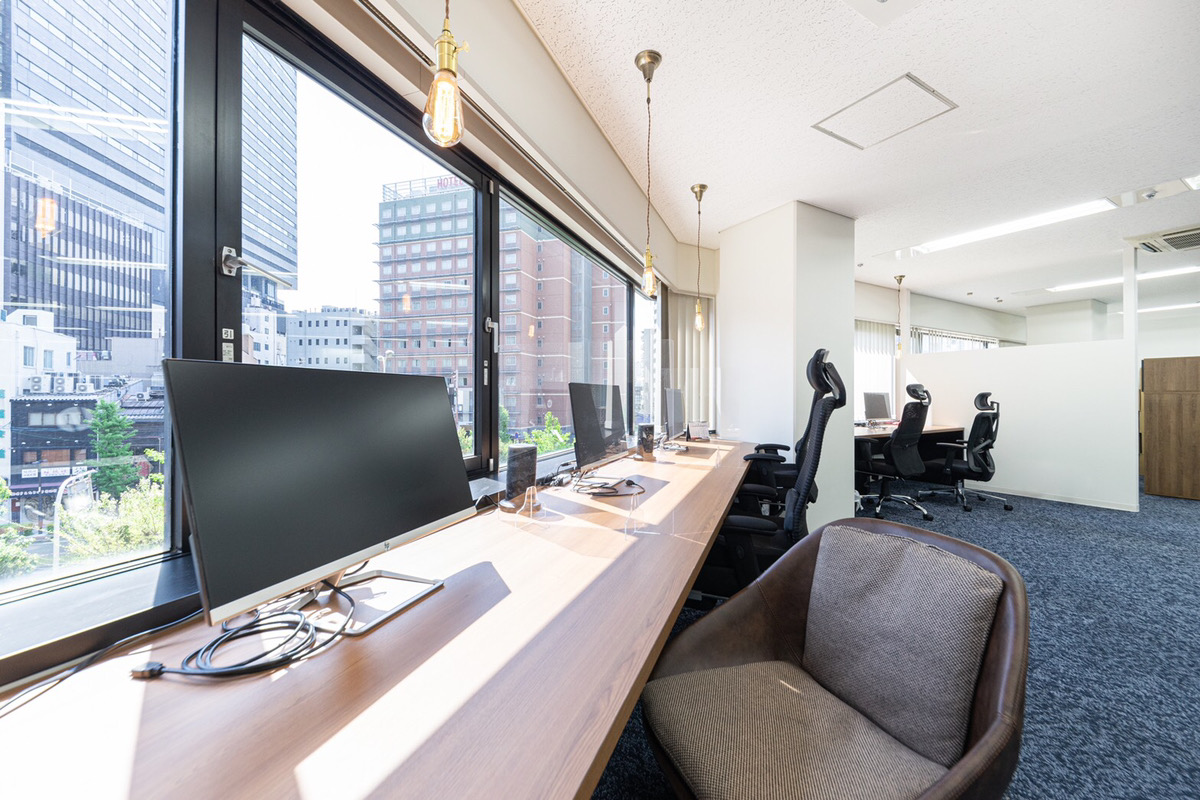[PCM] I realized why people can't understand what I'm saying. [Impressions from the course]

table of contents
- 1 What is PCM?
- 1.1 Six personality types revealed by PCM
- 1.2 PCM course flow
- 1.3 Is it wrong to say, "Don't do to others what you don't like done to you"?
- 1.4 What's important is not what you say, but how you say it
- 1.5 My personal thoughts on PCM: "Self-understanding leads to mental stability"
- 1.6 Don't be trapped by stereotypes. PCM points to note
- 2 summary
I apologize for the potentially traumatic eye-catching image
This is Goto from the Web Services Division
This may be a sudden question, but do you ever have trouble communicating?
I too have a number of communication-related concerns
I'm sure we've all experienced the frustration of wondering, "What should I do?", especially when we can't get our point across or don't understand what the other person is thinking
However, by attending a seminar called PCM through Beyond's training, I feel I have found a clue to solving the communication problems mentioned above
In this article, we will provide an overview of PCM, share our impressions and experiences of taking the course, and share points to be aware of
If you are interested in PCM, have trouble with communication, or have "socially awkward, it's tough" in your search history, please continue reading
What is PCM?

Image source: https://www.kcj-pcm.com/main.html
PCM is an abbreviation for Process Communication Model, which was developed by clinical psychologist and behavioral scientist Dr. Thebe Koehler
PCM has been used since 1978 to select astronauts, and is actually used by many companies
Below is an excerpt from the official website of Kohler Communications Japan, which handles PCM in Japan, outlining the PCM overview
PCM states that we all have six personality types. Each type has its own common language, strengths, and motivations. Understanding these characteristics helps us to understand ourselves and others. When we can understand each other and bring out the best in each other in communication, leadership, and management, we can achieve the best results in our personal and professional lives
Another major feature of PCM is its ability to predict and respond to behavior under stress. In everyday life, we may feel depressed, blame others, or become irritated. The six personality types exhibit characteristic behaviors depending on the level of stress and the situation. By understanding these, we can learn how to respond appropriately to ourselves and others under stress and relieve stress. This will enable us to avoid trouble in our personal and professional lives and build better relationships with the people around us
Source: https://www.kcj-pcm.com/about/
In this way, PCM aims to understand oneself, and above all others, through the six personality types, to communicate appropriately in accordance with each person's personality type, and to achieve good results in one's personal and professional life
According to the instructor who conducted the PCM seminar as a trainer, there is a case where the performance of sales staff at a certain company improved significantly after introducing PCM, so it is clear that the effects can be tremendous if it is used properly
Six personality types revealed by PCM

Image source: https://www.kcj-pcm.com/main.html
The PCM represents an individual's characteristics through a hierarchy of six personality types and numerical values
First, we will list the names and overviews of the six personalities below
Thinker
- Work backwards from your goal and proceed efficiently and rationally
- Create a pattern or order that makes sense to you
- Good at planning and preparation in advance
- He speaks calmly with a blank expression and asks many questions
Pasister
- They actively express their opinions and enjoy discussing with others
- They are dedicated to what they value
- Surround yourself with things that reflect your own personal preferences
- He speaks with a serious, confident expression
Harmonizer
- Put others before yourself
- Above all, I value relationships with family and friends
- They are sensitive to the atmosphere, environment and comfort and value them
- She has a soft smile and speaks softly
Imaginer
- Calm and objective, able to see the big picture, including oneself
- They have a rich inner world and prefer to be quiet and alone
- If given clear instructions, they will silently carry out monotonous tasks without any difficulty
- He speaks calmly and monotonously with a blank expression and does not take the lead in conversations
Rebel
- I do it because I want to, there is no other reason
- They have sharp intuition and inspiration, and have a free and flexible way of thinking
- I just love having fun
- He expresses his emotions directly and speaks expressively
Promoter
- They are highly adaptable to the environment and can handle pressure well
- Possess the ability to negotiate and persuasively motivate people to take action
- I have an air of "I'm different from other people."
- He speaks directly and succinctly
Source: https://www.kcj-pcm.com/6/
Everyone has all of these personality types to a greater or lesser extent, and among them there are base characteristics (base types) that are ingrained in us from childhood, and new characteristics that emerge as we go about our lives. It seems that each individual's personality is analyzed based on the combination of these characteristics
If I were to go into more detail about the PCM, it would become quite long, and I may not be able to explain it accurately with my current level of knowledge, so I will stop here for now
From here on, I would like to share with you my experiences of taking the PCM course and the benefits of learning about it
PCM course flow
First, I will explain the process for taking the PCM course
When I took the course as part of Beyond's training, the process was as follows:
1. Answer 45 questions online in advance
First, you will take an online multiple-choice diagnostic test
By answering these questions, it is possible to analyze each individual's personality combination. There are 45 questions, so it is quite a lengthy test
2. Attend a seminar
Next, a PCM trainer will come and give a full-day in-depth lesson on the concept and history of PCM, the characteristics of each personality type, and how to interpret the diagnostic results
Also, when I attended the seminar, I was given a booklet that contained my diagnosis results and even included personalized advice on how to act in order to make the most of this characteristic
Until now, I had only ever taken personality tests where I looked at the results and then used books and other sources to think about it myself, but PCM was very informative as it gave me detailed examples of the behavior and words of people with the characteristics of each personality test, as well as what their strengths and weaknesses would be for each result

Is it wrong to say, "Don't do to others what you don't like done to you"?
I felt that the most important thing to achieve PCM's goal of "smooth communication with others" was the idea that "I and others are not the same."
I think many Japanese people have been raised with the teaching, "Don't do to others what you don't want done to you," and I still believe that this is certainly not wrong, but I've learned that this isn't always the case depending on the situation and the other person's personality
For example, people with strong Harmonizer personalities place a lot of importance on connections with others, so they often feel energized when they are surrounded by people. On the other hand, people with strong Imagineer personalities often maintain peace of mind by spending time alone, so if a Harmonizer tries to cheer up an Imagineer who seems down, for example by inviting them out to dinner or drinks, it may have the opposite effect
What's important is not what you say, but how you say it

From the above, I felt that the following ideas were important to effectively utilize the knowledge gained through PCM
- Be aware of the differences between yourself and others
- If you know the other person's personality, communicate with them based on their personality traits to understand what they like and dislike
- When you feel like you can't communicate or understand the other person's thoughts, reconfirm the differences in your personality between you and the other person, etc.
It may be difficult to eliminate all communication worries just by taking PCM once, but I felt that by thinking in the above way, you can avoid interpersonal problems in the first place, use it as a reference for resolving problems when they arise, and think about how to interact with a wider variety of people in order to deepen your friendships with them
My personal thoughts on PCM: "Self-understanding leads to mental stability"

*The above is Beyond's open-plan office "window space."
When I'm in a tight spot in my life, I sometimes get irritated easily and lose confidence, but I can't clearly identify the root cause of these negative emotions, and there are moments when I feel a bit lost. In most cases, sleeping broadens my perspective and the problem is resolved, but if possible, I don't want these negative emotions to affect my performance
However, since taking PCM, I have a better understanding of my own personality traits than before, and I can now understand my own mental state more objectively than before, for example, "I'm feeling a little irritated right now because I've faced something that a thinker would dislike."
Personally, I find that the psychological state of "not knowing" is the hardest on my mental health, so even if I suddenly have negative emotions, I find that it's less difficult than before if I can at least roughly understand the reason for them
Don't be trapped by stereotypes. PCM points to note
I felt that by having knowledge of PCM and understanding each other's personalities, interpersonal communication would become smoother. If there is one thing to be careful about with PCM, it would be not to rely too much on the other person's personality traits and abandon flexible communication
In other words, the PCM diagnostic results are the foundation for understanding oneself and others on a more granular level, and I feel that if one thinks that the PCM results are everything, it may actually hinder one's understanding of oneself and others.Therefore, I would like to continue to make it a habit to view people flexibly in the future
summary
PCM was a meaningful seminar that allowed us to deepen our understanding of ourselves and others and learn ways of thinking that will enable smoother communication
I am very grateful to be able to have this experience as part of my employee benefits
If you are interested in PCM, please see the official website below for more details
Kohler Communications Japan Official Website
Thank you for watching until the end

 22
22






